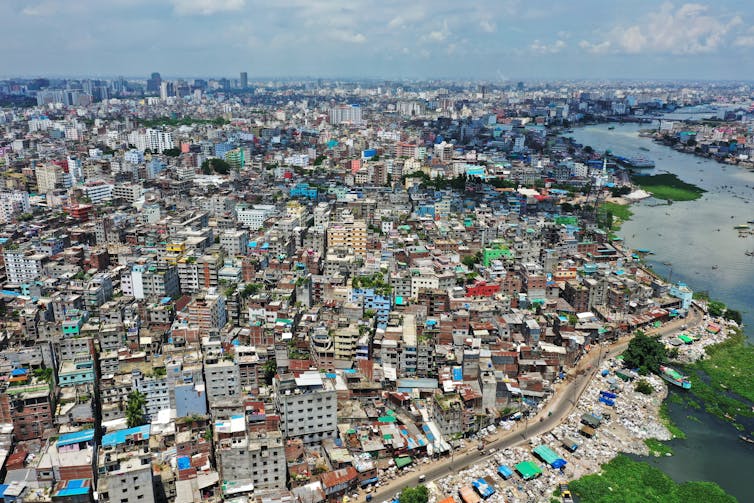River deltas are threatened by more than climate change – leaving hundreds of millions of people at risk
Perilously situated between rising sea levels and pressures from upstream lie coastal river deltas and their roughly half a billion inhabitants. These regions have played an important role in societal development since the last ice age, offering flat, fertile lands with abundant freshwater which are ideal for agriculture.
In recent times, coastal river deltas have become hubs of the global shipping trade, giving rise to fast-growing megacities such as Dhaka, Cairo and Shanghai. But these areas are now under threat. And not all of the blame can be placed on climate change.
Read article 1 here!
Read article 2 here!

Comments
Post a Comment